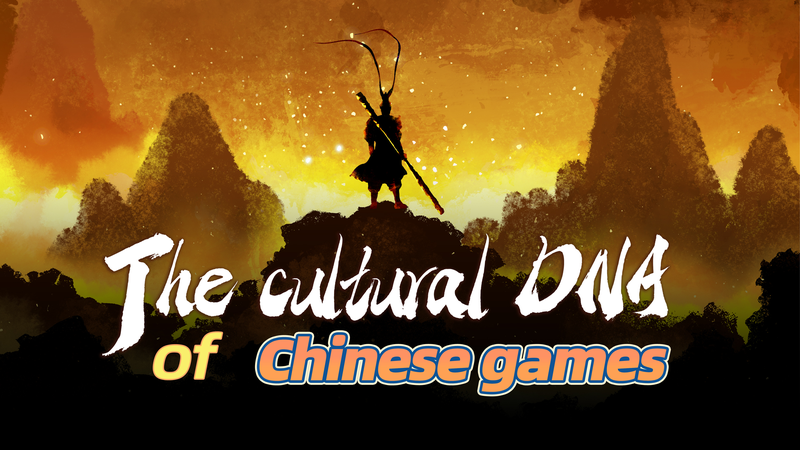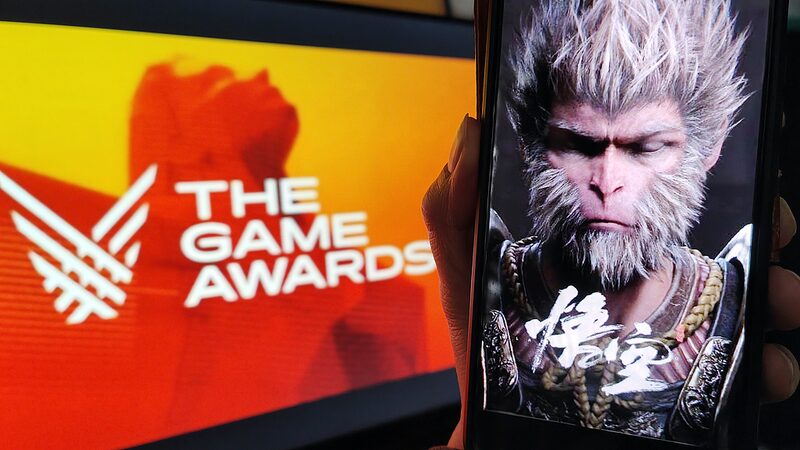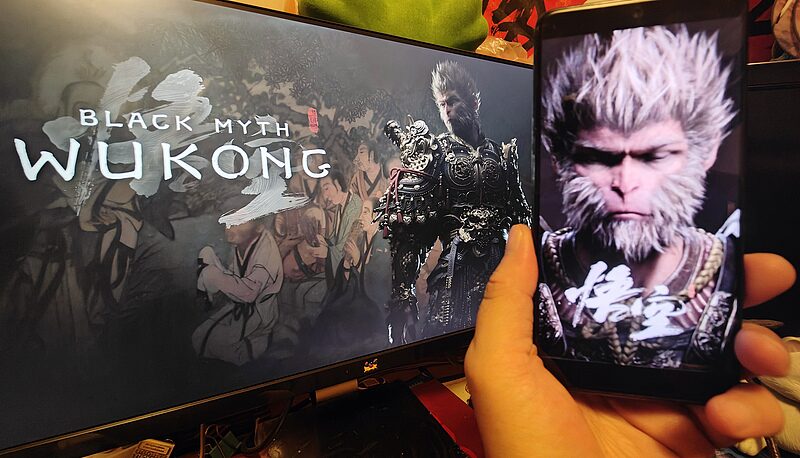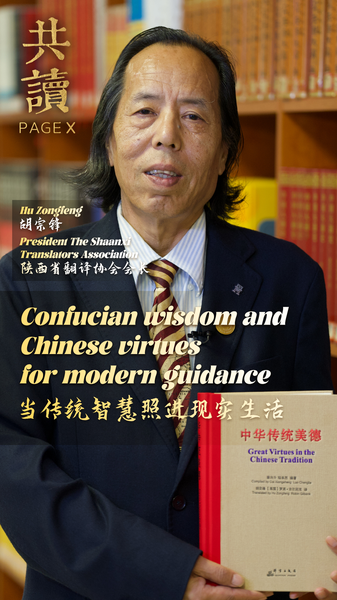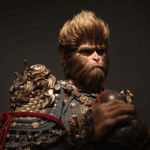When Black Myth: Wukong became a global phenomenon in 2024, selling 20 million copies and redefining expectations for Chinese game development, it sparked a broader conversation about cultural identity in digital spaces. Dr. Felania Liu, a game studies scholar at Beijing Normal University, argues this breakthrough reveals an ancient yet evolving cultural DNA shaping China's gaming landscape.
Where Philosophy Meets Play
Chinese gaming traditions trace back to Confucian principles like youyuyi (traveling through arts), which framed games as tools for moral education through the Six Arts. Yet Dr. Liu identifies a historical tension: "Mainstream narratives often dismissed games as frivolous despite their deep roots in self-cultivation," she explains, noting Confucianism's emphasis on collective benefit over individual enjoyment.
Hidden Frameworks of Fun
Beyond Confucian thought, Dr. Liu highlights underappreciated influences:
- Zhuangzi's concept of xiaoyao you (carefree wandering), mirroring modern open-world exploration
- Buddhist ideas of youxi shentong (playful enlightenment through supernatural powers)
- Zen paradoxes that parallel puzzle-solving mechanics
These philosophies, Dr. Liu suggests, form a distinct interactive language where the Chinese term youxi (play/game) blends action and structure unlike Western linguistic divides.
Global Screens, Local Roots
As Chinese games gain international traction, their success highlights a cultural balancing act: leveraging universal gaming mechanics while embedding uniquely Chinese:
- Narrative structures drawing from classical literature
- Aesthetic principles rooted in ink painting and opera
- Social dynamics reflecting collectivist values
"We're witnessing a renaissance," says Dr. Liu. "Developers are rediscovering philosophical frameworks to create games that feel simultaneously global and authentically Chinese."
Reference(s):
cgtn.com
